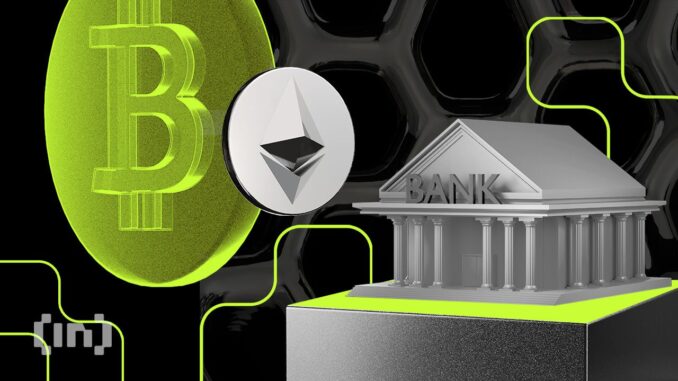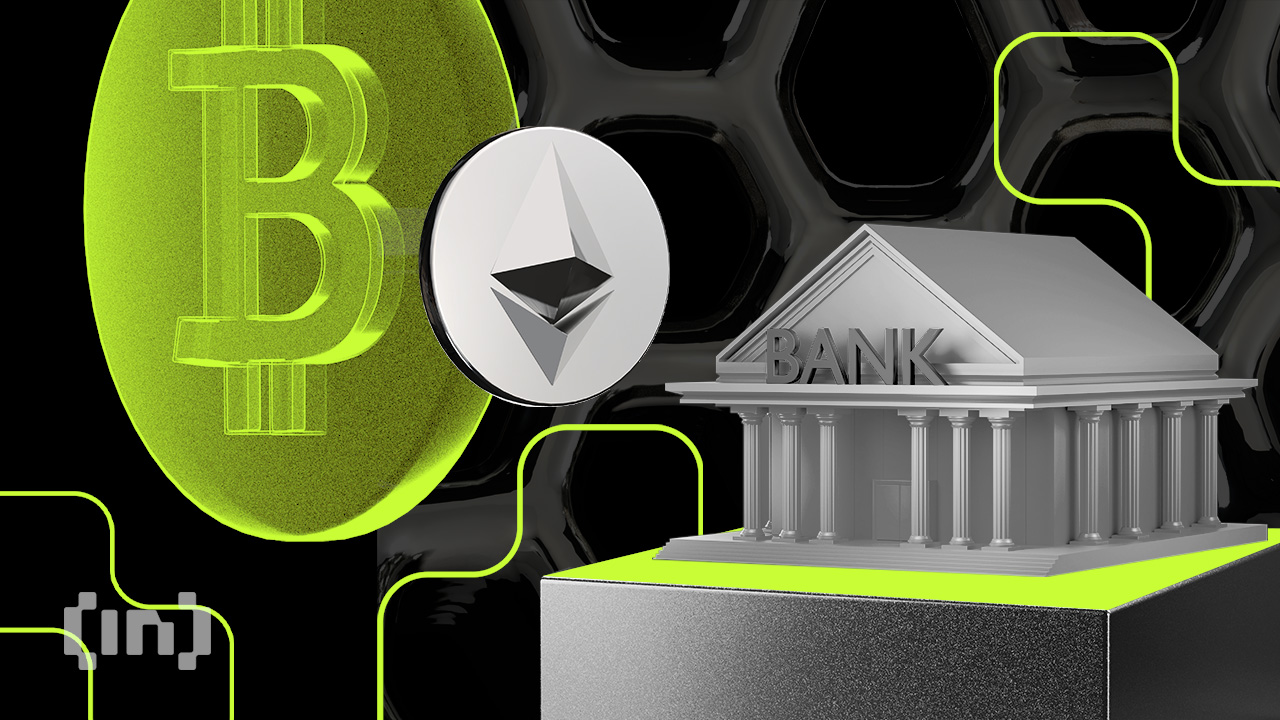
[ad_1]

Brazil, one of the world’s top users of crypto, made progress toward regulatory clarity on Wednesday. A law signed this week by the nation’s president gives the Central Bank of Brazil a decisive voice in crypto regulation, but also raises several questions. Particularly regarding which cryptocurrencies can be classed as securities.
Brazil’s President, Luiz Inácio Lula da Silva, has signed Decree no. 11.563, granting the Central Bank of Brazil the authority to regulate and supervise virtual asset service providers. It ensures that token projects qualifying as securities will remain under the supervision of the Brazilian Securities and Exchange Commission (CVM). The new law aims to establish clear roles for the central bank and securities regulator in relation to cryptocurrencies. The decree is dated June 13, 2023, and will come into effect on June 20.
Further Clarity for Crypto Regulation in Brazil
However, there is one big sticking point. The new law does not clearly define which digital assets are securities and which are not.
Brazil bases its concept of a security on a collective investment agreement definition inspired by the Howey Test. A standard first established by US courts. If this interpretation were to hold, it is likely Bitcoin (BTC) will escape the definition.
The move contrasts with recent action by the United States’ own Securities and Exchange Commission (SEC). Gary Gensler, the agency’s chair, has attempted to classify almost all cryptocurrencies as securities.
In a recent legal action against Binance, the SEC singled out some of the market’s most popular tokens. However, while the designation of tokens as securities may provide clarity, it would also make the SEC responsible for their regulation. Something most of the crypto industry is none too happy about.
Regulators Are Engaging With Digital Assets
For some industry players, the new decree is not a total surprise. In a recent interview with BeInCrypto, Bruno Ramos de Sousa, Head for US and Europe at Hashdex, said he believed Brazilian regulators were making strides in the right direction.
“Brazilian regulators are making progress in developing their understanding and regulation about crypto and the associated technology,” Sousa said. “Authorities such as the Central Bank and the Securities Commission (CVM) have been actively involved in studying the crypto sector.”
Last week, the newly empowered regulator, the Central Bank of Brazil, announced the selection of 14 institutions to participate in the pilot program for the country’s central bank digital currency (CBDC). The bank has selected prominent local banks such as Bradesco, Nubank, and Itaú Unibanco, Banco do Brasil along with major payment firms, including Visa and Mastercard.
Regulating digital assets in Brazil is an important issue. The country is among the world’s top cryptocurrency users globally, according to Chainalysis. The country sits at seventh in the league table, topping all its neighboring states in South and Central America.
Disclaimer
In adherence to the Trust Project guidelines, BeInCrypto is committed to unbiased, transparent reporting. This news article aims to provide accurate, timely information. However, readers are advised to verify facts independently and consult with a professional before making any decisions based on this content.
[ad_2]
Source link




